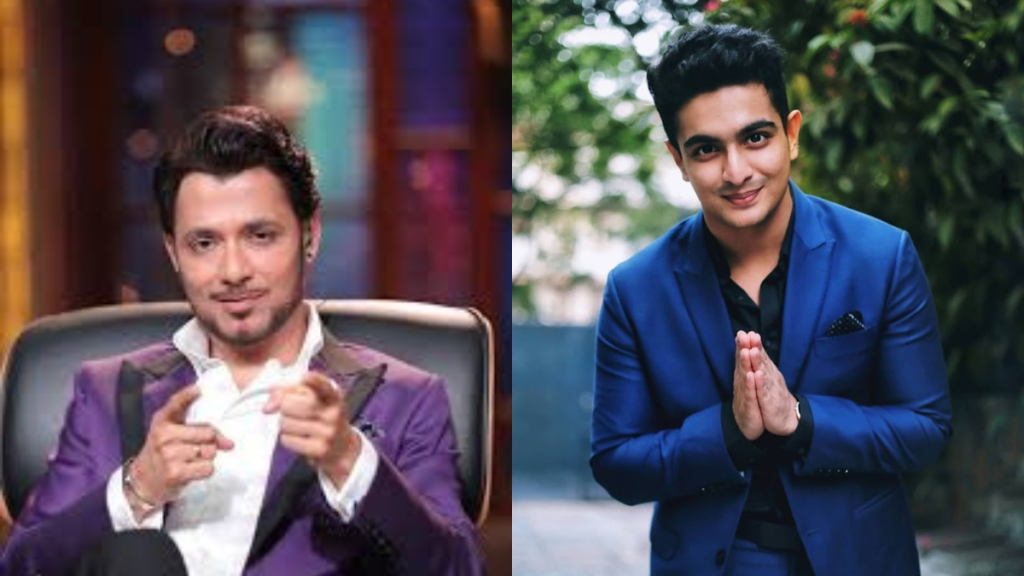Amid mounting controversy surrounding influencer Ranveer Allahbadia, content creator Apoorva Mukhija, and comedian Samay Raina over a contentious podcast episode, Anupam Mittal, founder and CEO of People Group, has weighed in, shifting the focus to the accountability of digital platforms.
Mittal, through a LinkedIn post, questioned whether tech giants like YouTube should also be held responsible for the dissemination of explicit content. “Summon YouTube to the High Court too, not just Ranveer and Apoorva,” he wrote, arguing that creators operate within an algorithm-driven system that incentivises controversy for engagement.
Calling out what he described as ‘big-tech’ culpability, Mittal noted that digital platforms hide behind intermediary laws that allow them to evade responsibility for the content they amplify. He contended that content creators often become victims of a system that compels them to push boundaries to remain relevant.
“Imagine a newspaper or a TV channel publishing the type of content that these platforms carry with total impunity. It would lead to a mutiny,” he remarked.
Mittal acknowledged that the remarks made during the controversial episode of India’s Got Latent were “messy, crass, and undeniably wrong,” but stressed that the issue extends beyond individual actions. He argued that social media thrives on outrage, with algorithms promoting progressively extreme content.
“The reality is, this isn’t about a few individuals but a broader social media phenomenon whose survival depends on increasing outrage. When one extreme becomes the norm, what does the algorithm do? Promotes the next level of obscenity,” he stated.
Highlighting concerns about digital safety, Mittal questioned whether Indian laws adequately protect young audiences from explicit material and called for greater scrutiny of content moderation policies.
“YouTube, Instagram, digital media—these platforms dangle virality like prasad, watch creators chase, and then step back when the fire starts,” he wrote.
Sharing his personal experience, Mittal expressed frustration over YouTube’s content moderation, citing its failure to effectively filter age-inappropriate material. “Although I have parental controls set up for my 7-year-old, I am shocked at the age-inappropriate content that YouTube keeps serving up,” he noted.

